EU Trade Commissioner-designate Phil Hogan told the Irish Times that he’s “seeking a reset” of the trade relationship with US. In particular, he noted that steel aluminum tariffs and threat of tariffs in response to a digital tax in Europe.
Hogan spoked with US Trade Representative Robert Lighthizer just before Christmas. He added, “We agreed to meet in Washington in mid-January to discuss the long list of issues causing strain in the relationship between the EU and the US. There is no point in getting into the details of resolving trade irritants unless we agree a line on a common trade agenda.”

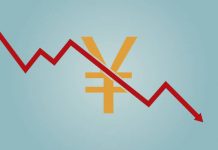


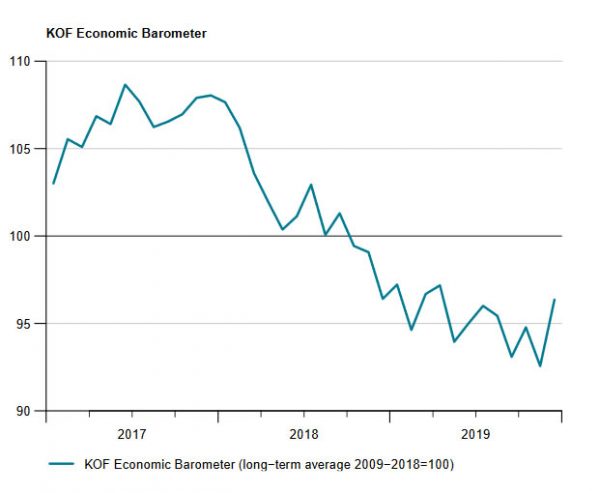
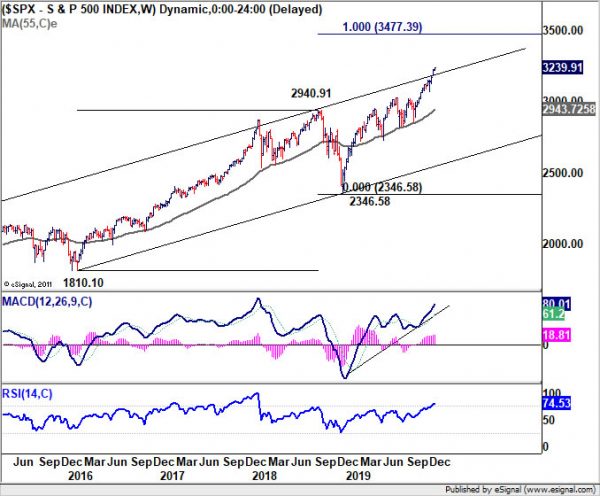
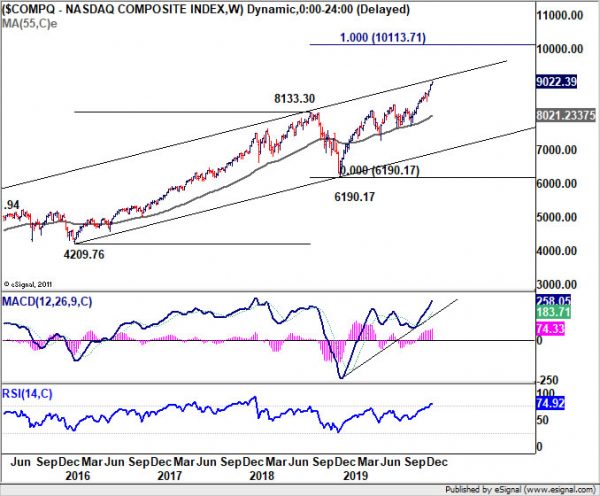
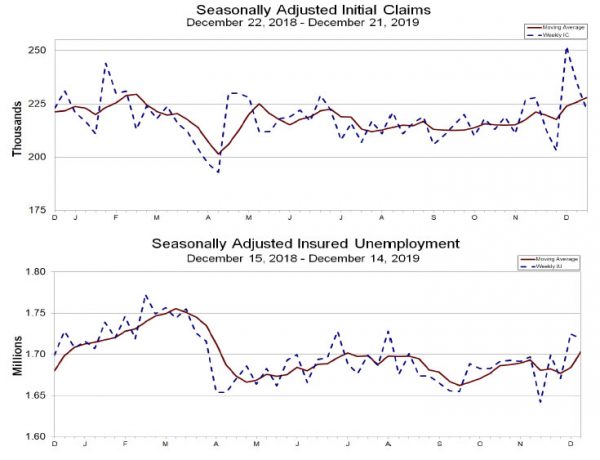
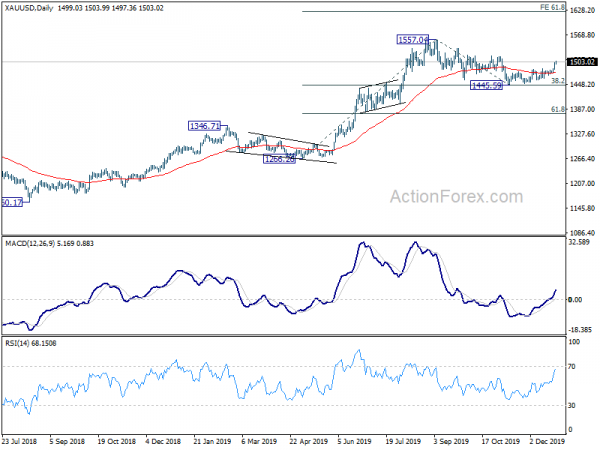
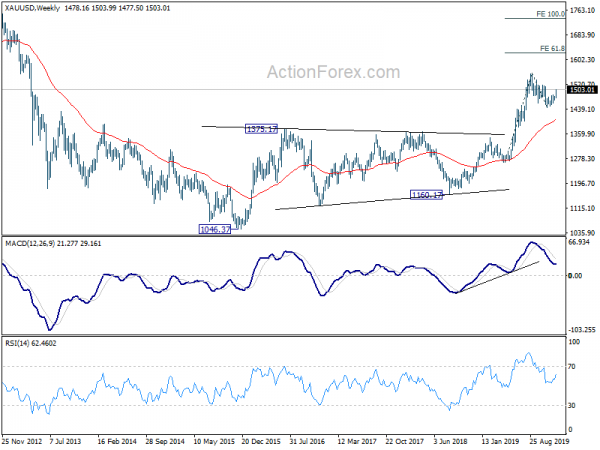
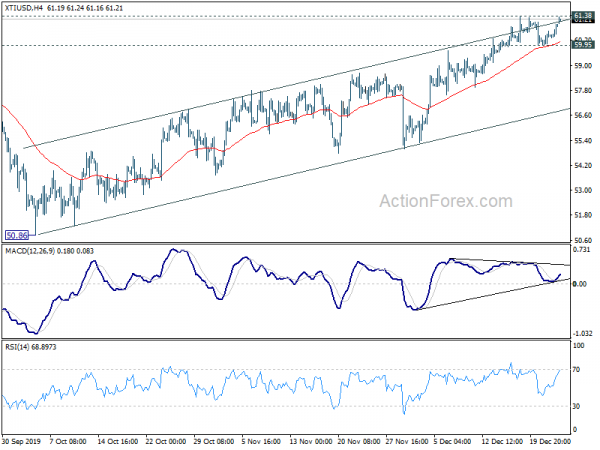
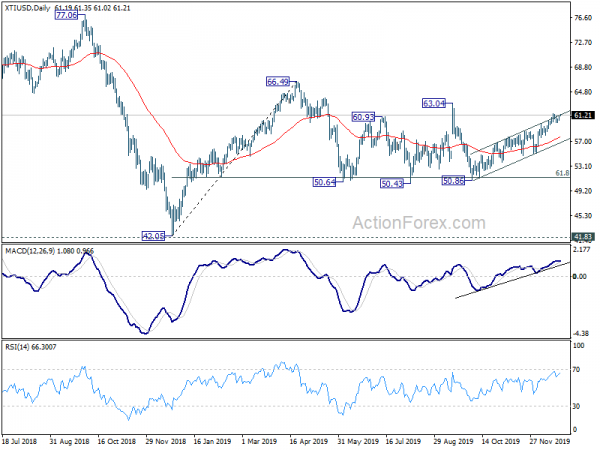
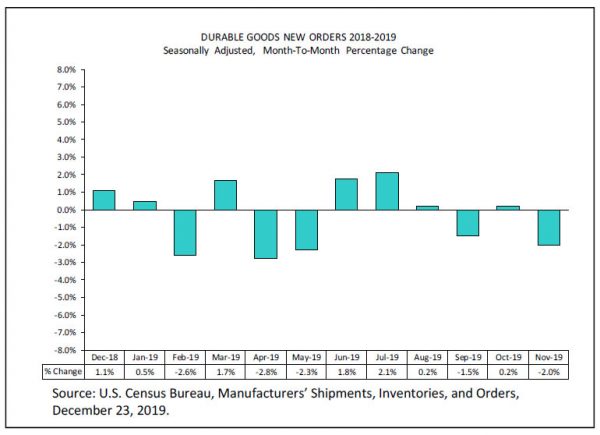
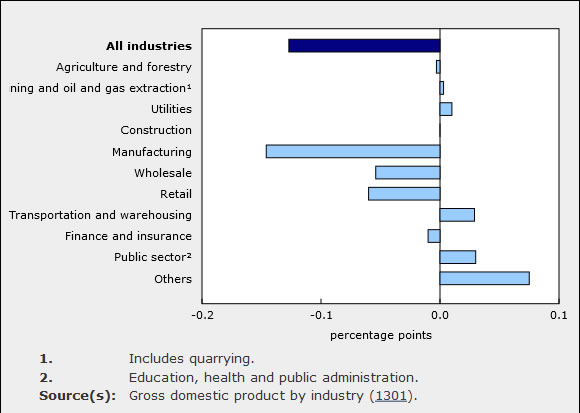


Chinese Liu said to visit Washington this Saturday to sign trade deal
The SCMP in Hong Kong reported that Chinese Vice Premier Liu He would lead a delegation to Washington this Saturday to sign the phase one trade deal with the US. The delegation is then expected to stay in the US for a few days, before leaving in the middle of next week. At this point, there is no confirmation for the arrangement yet.
The news is somewhat consistent with US Trade Representative Robert Lighthizer’s comment on December 13, that the deal would be signed “in the first week of January. Nevertheless, it’s inconsistent with President Donald Trump’s comment that there will be a signing ceremony when he and Chinese President Xi Jinping “get together”.